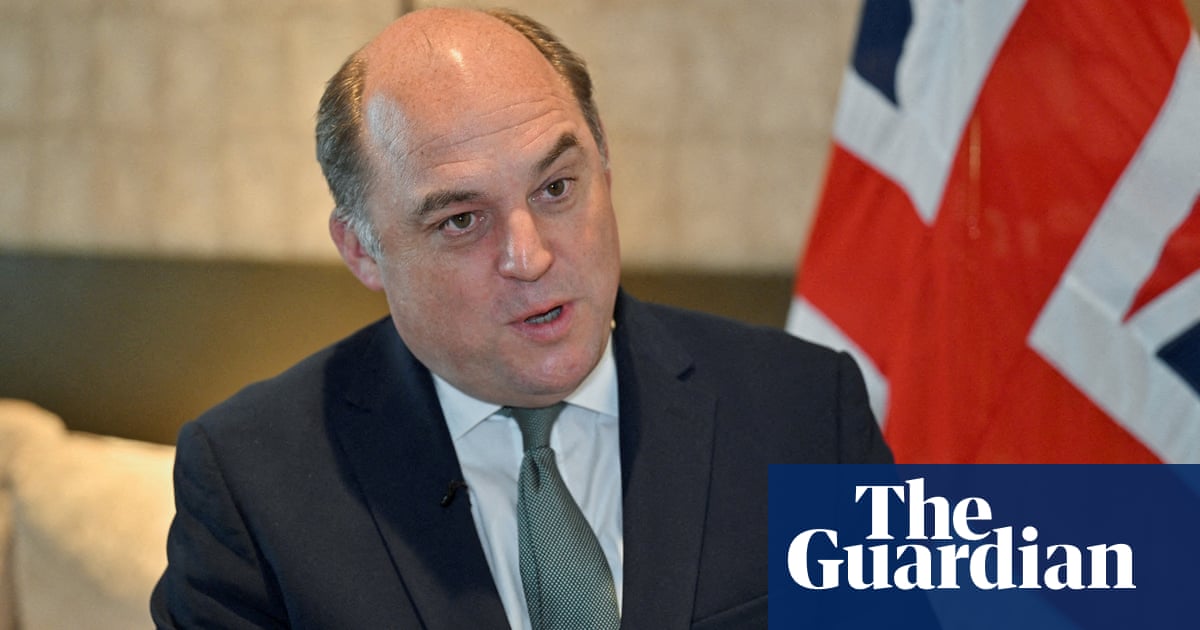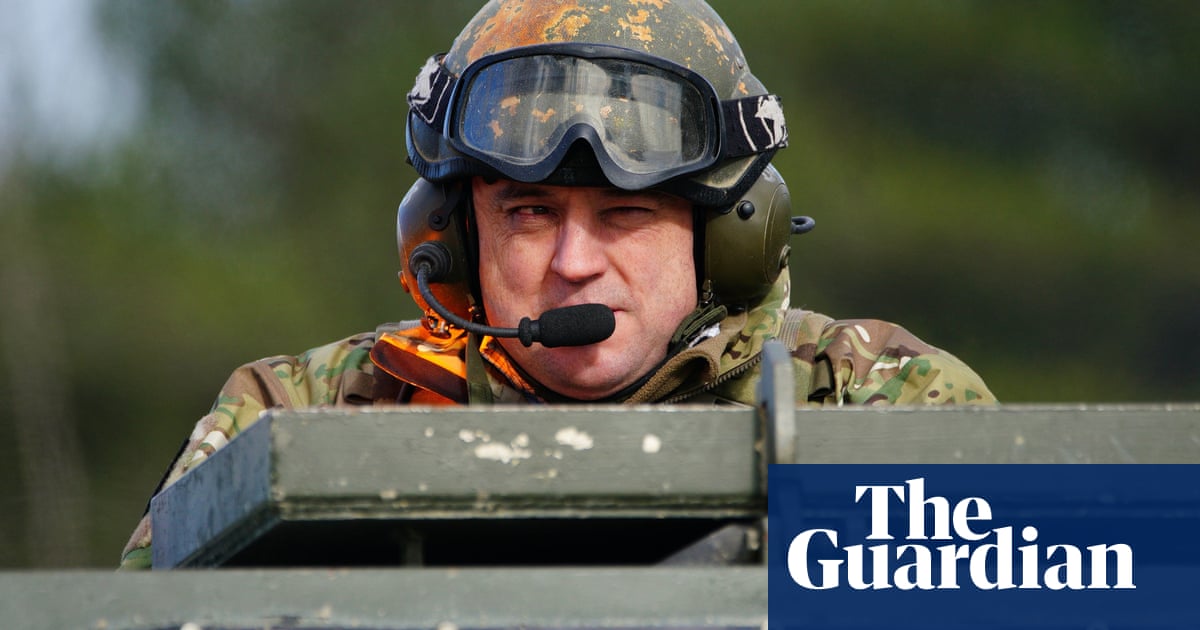
Ben Wallace, the defence secretary, will look again at whether military courts should be allowed to try rape cases in the UK after three women serving in the armed forces said they would bring a legal challenge aimed at changing the policy.
Government lawyers said the cabinet minister had decided to give the subject “fresh consideration” after the women complained, in a case first reported by the Guardian, that conviction rates in military courts for rape were five to six times lower.
The women, who cannot be named, all say they were victims of rape or serious sexual assault while serving, although none of their cases, all of which where handled by the military courts, resulted in a conviction.
They had begun a legal challenge aimed at changing the rules so that the civil justice system would automatically handle all cases of rape involving forces personnel in the UK.
One of the women, whose case resulted in an acquittal, said she was “really pleased” with Wallace’s change of heart. “The treatment of my case by the military justice system intensified the trauma of what happened,” she said.
“I can’t ignore the fact that the board in my case was entirely male, which must be quite common when you consider that the board is randomly picked from all higher ranking members of the armed forces. The board in my case were all men and they acquitted my assailant very quickly,” she added.
A second woman said handling rape cases through the military system was “unfair on both the victim and the accused,” partly because the military police who have to investigate “are not career detectives”.
“Instead they sometimes do a draft of as little as two years within the Special Investigation Branch, and can handle the investigation with not much experience or guidance,” she added.
“It is terrifying, as a victim, to know that you are having to report a horrific experience to a person who could end up policing the same unit as you in the future.”
All three women are suffering from post-traumatic stress disorder (PTSD) as a result of their experiences. Two – one from the army and one from the navy – are in the process of being medically discharged.
Last month, the three women told the Ministry of Defence they intended to seek a judicial review of a controversial decision made by Wallace in February to allow the military justice system to continue to try rape and other serious crimes, which had troubled many women serving in the forces.
Military courts have been able to try rape and other serious offences since 2009. But in theory, civilian law should take precedence where an alleged offence takes place somewhere in the UK.
In practice, however, that is disregarded by the Ministry of Defence (MoD) where only military personnel are involved. Data shows that increasing numbers of rapes and other sexual offences are now dealt with in the military system – rising from 95 in 2015 to 178 in 2019.
A total of 129 rape cases were heard at military courts martial in the five years to 2019, 13 of which (10%) resulted in conviction, according to MoD figures. The civilian conviction rate during that period ranged between 57% and 63%, according to the CPS.
A review of the service justice system – which includes military police, prosecutors and the courts – by the retired senior crown court judge Shaun Lyons concluded that the military system “should no longer include murder, manslaughter and rape” except with the attorney general’s consent.
That conclusion was ignored by Wallace in February, and at the time the MoD said it believed the military system was “capable of dealing with the most serious offences and should be able to continue to do so”.
The rethink was announced in a letter to Emma Norton, the director of the Centre for Military Justice, who is the lawyer handling a challenge to that decision. In it, government lawyers said: “The secretary of state has decided to give fresh consideration to the matters that your clients seek to challenge”.
Norton said: “I hope this proves to be the first vital step in ensuring that victims of rape in the armed forces can get a decent shot at justice. Now the MoD must make good on its promise to genuinely look afresh at this vitally important and incredibly sensitive issue.”
The third woman added: “If the conviction rate in the service justice system is significantly lower, and that has been clear to the MoD for years, why is the MoD resisting us at all? It is obvious that they need to do the right thing.”












